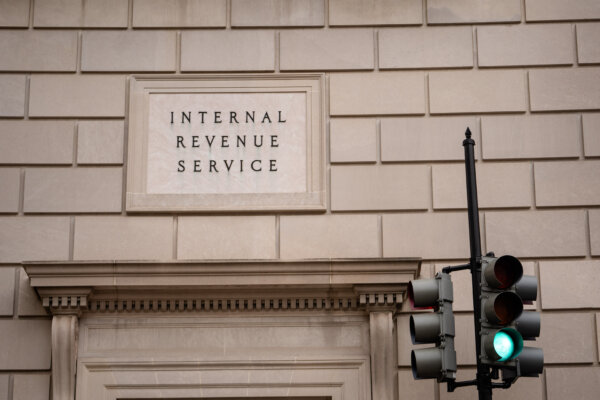Dozens of proposals have passed in statehouses, but none can take effect without Washington signing off.

Most of the United States will “fall back” to standard time this Sunday, Nov. 2. The majority of Americans, however, just want the twice-yearly clock change to end.
There has been extensive debate about whether to stop this change, or “lock the clock,” but so far, no national change has been made.
What Is Daylight Saving Time?
Daylight Saving Time begins on the second Sunday in March every year, and clocks are set forward by one hour, an action often referred to as “spring forward.”
The hour is gained on the first Sunday in November when Daylight Saving Time ends, and the clocks are set back one hour to “fall back.”
The practice of changing the clock twice a year has been observed since 1918, and was enacted through the Standard Time Act, which also created standard time zones.
The rules for Daylight Saving Time changed in 2007 for the first time in over 20 years, and the amount of time for the change was lengthened in the interest of a reduction of energy consumption.
State and National Legislation
The National Conference on State Legislatures reports that state legislatures have considered more than 750 bills and resolutions to establish year-round daylight saving time when it is allowed by federal law.
Almost every state in the union has considered some legislation in the last few years that would lock the clocks on either standard or daylight saving time. Currently, by federal law, states are not allowed to lock the clock on daylight saving time.
In the past seven years, 19 states have enacted legislation that would lock the clocks on daylight saving time—if Congress passes a law that would allow the change and if the surrounding states enact the same legislation.
Despite efforts year after year, a federal law to lock the clock on a fixed time hasn’t garnered enough support to pass Congress.
Sen. Rick Scott (R-Fla.) took up the charge this year, sponsoring the act. He took to the Senate floor, asking for a quick passage, given the states’ reaction to the prospect of being given the right to choose which time they’d prefer to settle on.
What Americans Think Now
Polling from October of this year indicated that around 12 percent of adults in the United States favor the current bi-annual clock changing system.
However, age seems to have a strong impact on opinion, since 51 percent of young adults under the age of 30 were neutral.
When asked which they prefer, 56 percent of Americans would prefer daylight saving time year-round, with less light in the morning and more in the evening. Around 42 percent would rather have year-round standard time, with more light in the morning and less in the evening.
Impact on Health
The American Academy of Sleep Medicine has taken up the position that “permanent standard time is the optimal choice for health and safety.”
The academy says that evidence supports the benefits of standard time.
“Judges, like all of us, have been jolted awake an hour earlier than their bodies have been expecting,“ Yates said. ”That one seemingly harmless government mandate, dialing our clocks back one hour, means some people receive harsher sentences than they otherwise would.”
Practicing sleep medicine physician Dr. Karen Johnson also testified, citing evidence of the negative health impacts of changing the clocks, including an increased risk of chronic disease, depression, and suicide.
“The sun is one of the most powerful drivers of health and well-being, but the timing of sunlight is what’s critically important,” Johnson said.
Johnson strongly advocates for permanent standard time, saying that daylight saving time would deprive Americans of critical morning light and that while the spring clock change is bad, “permanent daylight saving time is worse.”
“Permanent daylight saving time does not make days longer, nor is it the reason why people feel better in the summer,” Johnson said.
“Instead, permanent daylight saving time is a hidden mandate to wake Americans up an hour earlier, rather than to their alarm clocks or the sun.
“If we called it the ‘Go to Work an Hour Earlier Act,’ rather than the ‘Sunshine Protection Act,’ no one would be voting for it.”










